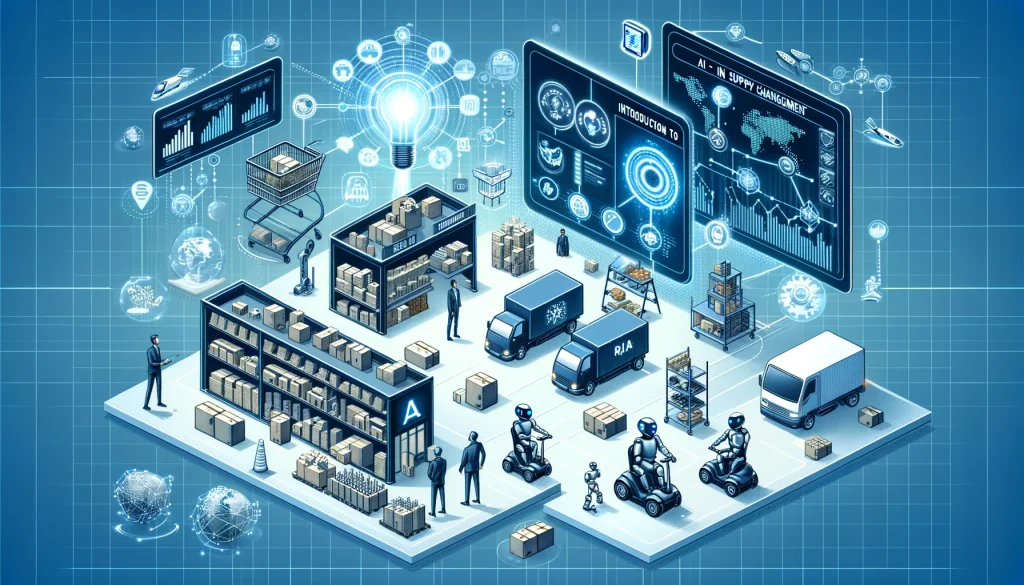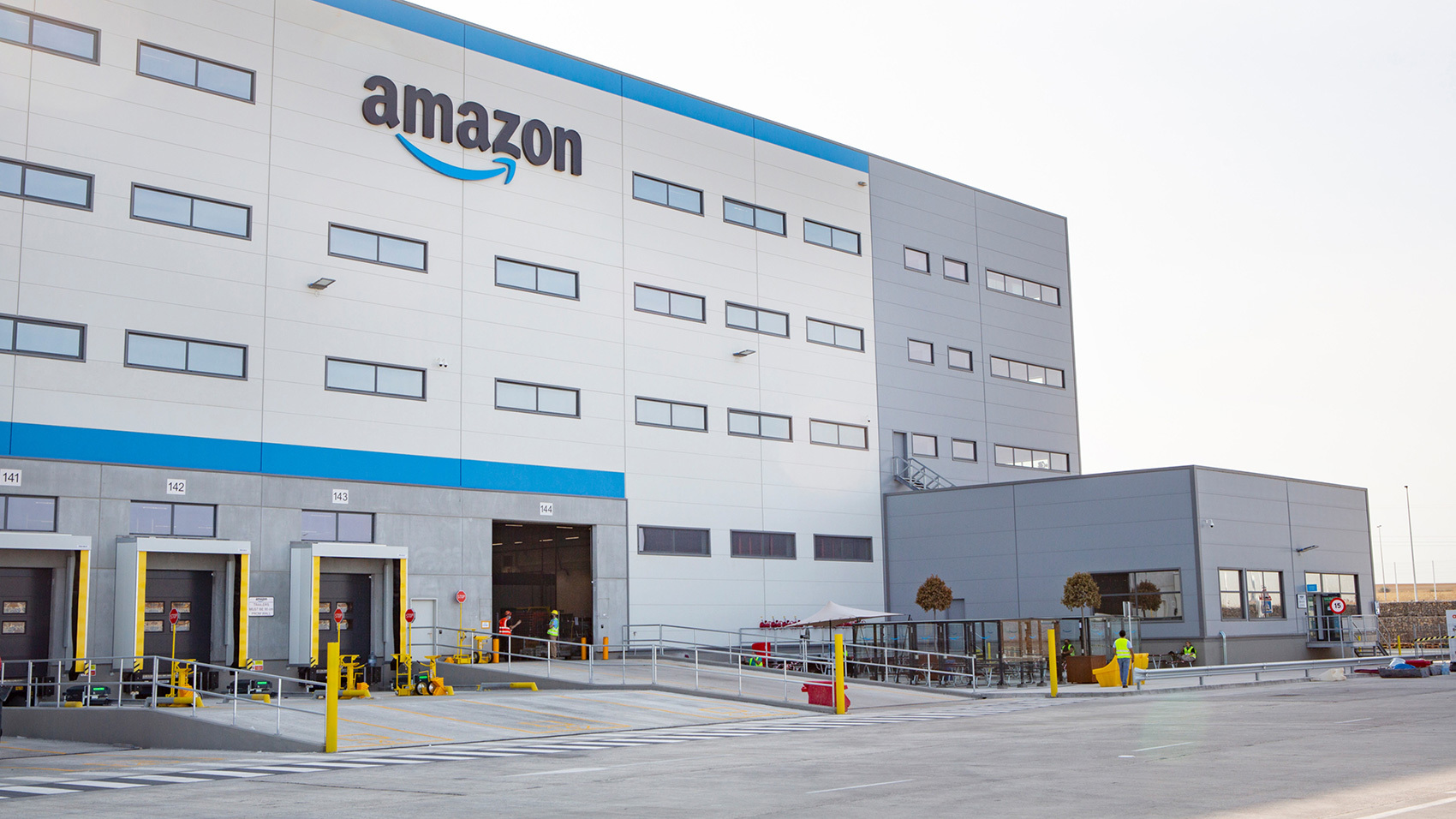Chains
- Predictive Analytics for Demand Forecasting
- AI-driven demand forecasting helps companies predict future inventory needs with greater accuracy.
- Machine learning algorithms analyze historical sales data, customer behavior, and market trends to anticipate demand fluctuations.
- Improved forecasting reduces excess inventory, minimizes stockouts, and enhances customer satisfaction.
- Automated Warehousing & Robotics
- Autonomous robots and AI-powered sorting systems streamline warehouse operations.
- Automated guided vehicles (AGVs) and robotic arms improve inventory management and order fulfillment efficiency.
- AI-driven warehouse optimization minimizes manual errors and speeds up processing times.
- Smart Logistics & Route Optimization
- AI-powered transportation management systems (TMS) optimize delivery routes, reducing fuel consumption and costs.
- Predictive maintenance in logistics prevents unexpected vehicle breakdowns by analyzing sensor data.
- Real-time tracking and AI-assisted fleet management improve supply chain visibility and reliability.
- Cognitive Procurement & Supplier Management
- AI-driven procurement solutions analyze supplier data, track market trends, and suggest cost-effective sourcing strategies.
- Intelligent contract management automates negotiations, compliance checks, and supplier risk assessments.
- AI-driven supplier relationship management (SRM) tools enhance collaboration and performance tracking.
- Blockchain & AI Integration for Supply Chain Transparency
- Blockchain, combined with AI, ensures end-to-end transparency in supply chain transactions.
- Smart contracts powered by AI enhance transaction security, reduce fraud, and ensure compliance.
- AI-powered analytics provide deep insights into supply chain sustainability and ethical sourcing.
Benefits of AI & Automation in Supply Chains
- Increased Efficiency: Automation reduces manual labor, speeds up processes, and minimizes errors.
- Cost Reduction: AI-driven decision-making optimizes procurement, warehousing, and transportation costs.
- Enhanced Agility: AI-powered supply chains quickly adapt to market changes and disruptions.
- Improved Customer Experience: Faster deliveries, accurate demand forecasting, and personalized offerings enhance customer satisfaction.
- Sustainability: AI-driven optimization reduces waste, lowers carbon emissions, and supports eco-friendly supply chain practices.
Challenges & Considerations
While AI and automation bring immense benefits, companies must address challenges such as:
- High Initial Investment: Deploying AI-driven automation solutions requires significant capital.
- Data Security & Privacy: AI-powered supply chains handle vast amounts of sensitive data, necessitating robust cybersecurity measures.
- Workforce Transition: Automation may replace some traditional roles, necessitating workforce upskilling and reskilling.
- Integration Complexities: Legacy systems may face compatibility issues with AI-driven tools, requiring strategic digital transformation efforts.
Future of AI & Automation in Supply Chains
The future of supply chain management will be heavily driven by AI innovations such as:
- AI-powered Digital Twins: Virtual replicas of supply chains will allow businesses to simulate and optimize operations in real-time.
- AI-driven Hyper-Personalization: Customizing supply chain strategies based on individual customer preferences and buying behavior.
- Autonomous Vehicles & Drones: Enhancing last-mile delivery efficiency with self-driving trucks and delivery drones.
- AI-led Sustainability Initiatives: Using AI to track and reduce carbon footprints, optimize recycling, and improve circular supply chains.
AI and automation are transforming supply chains, making them smarter, more efficient, and resilient. Businesses that embrace these technologies will gain a competitive edge in a rapidly evolving market. While challenges exist, strategic implementation of AI-driven solutions can unlock new growth opportunities, enhance supply chain agility, and drive long-term sustainability. The future of supply chain management is undeniably digital, and AI-powered automation is leading the way.
.png)
.png)







